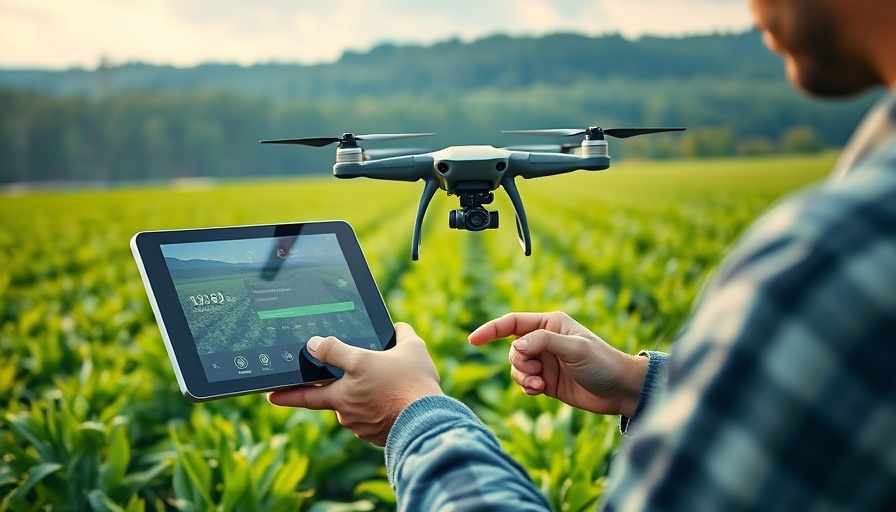
Agritech Platforms: The Future of Farming Efficiency
Agriculture, an industry steeped in tradition, is embracing a digital revolution with the rise of agritech platforms. As the demand for sustainable food production escalates, these platforms are proving essential for modern farming practices. They are designed to link cutting-edge technology with traditional agricultural methods, enhancing operations, increasing productivity, and ultimately transforming the future of farming.
Understanding Agritech Platforms
An agritech platform harnesses advanced technologies such as artificial intelligence (AI), Internet of Things (IoT), and machine learning to assist farmers in optimizing their farming practices. These platforms provide a suite of services, including crop management, soil analysis, weather forecasting, and access to digital marketplaces. Farmers can utilize data analytics to make informed decisions, resulting in improved efficiency and profitability.
The Role of Technology in Agriculture Today
Historically, agriculture has been labor-intensive, heavily reliant on manual labor and basic tools. The introduction of technology through agritech platforms has changed the game. Techniques like precision farming enable farmers to analyze and use data for planting, fertilizing, and irrigating crops at the optimal time. This shift not only reduces costs but also increases crop yields, leading to a more lucrative agricultural sector.
Harnessing AI and IoT for Predictive Farming
AI and IoT play significant roles in the agricultural transformation, with capabilities that enable farmers to foresee and mitigate potential issues. For instance, predictive algorithms can identify likely crop diseases or pest infestations before they become detrimental, allowing farmers to act preemptively. Additionally, IoT sensors monitor vital conditions such as soil moisture and weather, giving farmers real-time information to make timely decisions.
The Financial Upsurge of Agritech
The global agritech platform market is on a meteoric rise, predicted to achieve $16.9 billion by 2025 and soar to $42.8 billion by 2032, with a compound annual growth rate (CAGR) of 14.2%. This growth underscores the critical role these technologies play in enhancing agricultural output. Platforms like FBN in the U.S. and DeHaat in India exemplify this trend by effectively merging technology with traditional farming methodologies, increasing productivity and subsequently profitability for tens of thousands of farmers.
A Sustainable Approach to Agriculture
As global populations grow and climate challenges mount, sustainable food production becomes paramount. Agritech platforms not only assist in meeting production needs but also promote sustainable practices that benefit the environment. Through resource optimization and data-driven decision-making, farmers can cultivate crops that are not only commercial successes but also ecologically sound.
Empowering Farmers with Agritech
Ultimately, agritech platforms are not just about technology; they are about empowering farmers. By providing tools and resources that were previously inaccessible, these platforms bridge the gap between smallholder farmers and large-scale agricultural operations. They reduce the friction in accessing markets, advocating for fair trade and better prices for rural farmers, thus enhancing their financial stability and elevating their communities.
Conclusion: Embracing the Agritech Revolution
With technology paving the way, the landscape of agriculture is set for remarkable transformations. As agritech platforms continue to evolve, their integration of technology into farming processes will undoubtedly lead to enhanced productivity and sustainability. Investing in such innovative solutions is not just beneficial for farmers but crucial for the future of food security globally. Now is the time to embrace this change and explore what it can do for agricultural practices around the world.
 Add Row
Add Row  Add
Add 




 Add Row
Add Row  Add
Add 

Write A Comment